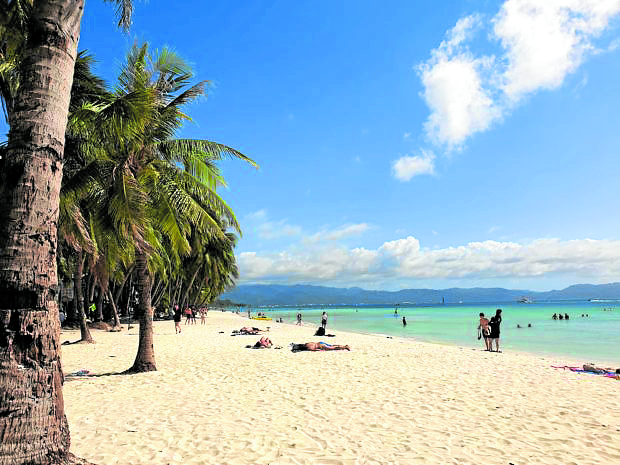Hotel sector sailing in uncharted waters
The travel and tourism sector has been heavily hit by the pandemic and lockdowns across the country. International tourist arrivals are significantly down due to travel restrictions while local lockdowns and the economic slump are restricting Filipinos to travel. Meanwhile, the MICE (meetings, incentives, conventions and exhibitions) segment is suffering due to physical distancing protocols.
This is a major concern for the Philippine economy especially with tourism accounting for about 12.7 percent of the country’s annual gross domestic product (GDP) and employing an estimated 5.4 million Filipinos. According to the Department of Tourism (DOT), foreign arrivals from January to August declined by 76 percent to 1.3 million tourists while receipts posted a 75 percent drop to P81 billion. Households have also been skimping on hotel and restaurant spending. In the second quarter this year, this subsector dropped by 66 percent.
Colliers Philippines believes that now is an opportune time for hotel operators to line up their marketing efforts to recapture demand once the pandemic wanes and consumer confidence picks up.
Like other property markets, we see the hotel segment suffering from delayed completion of new projects as developers factor in a sluggish recovery. In our view, existing hotels should ensure high standards of safety and hygiene; review and implement revenue management strategies; and continuously customize products and services to ensure relevance.

Tourism took a heavy hit amid the COVID-19 pandemic, lockdowns and travel restrictions. —JIGGER LATOZA
Compliance with health, safety protocols
Colliers believes that hotel operators should closely monitor anti-pandemic efforts being implemented by the national government. For one, hotels should strictly comply with the health and safety protocols being imposed by the DOT and highlight their compliance.
Be cautious in dropping rates
Colliers believes that hotels should thoroughly consider decisions to immediately lower rates at this point as these are unlikely to prop up occupancies given the significant drop in foreign and domestic tourists. We also do not see international and local air travel reverting to pre-pandemic levels for the remainder of 2020. We encourage operators to closely monitor indicators including foreign and domestic tourist arrivals; leisure spending as a percentage of personal consumption; allowed domestic and international flights; and overall growth of the country’s GDP and factor these into their pricing strategies starting the first quarter of 2021.
Article continues after this advertisementTarget employees in CBDs, returning OFWs
During the lockdown and suspension of public transportation, hotels have served as halfway houses for outsourcing employees and quarantine facilities for returning overseas Filipino workers (OFWs). We encourage hotel operators to continue obtaining accreditation from government agencies to accommodate repatriated OFWs.
Article continues after this advertisementInnovative services using technology
Colliers believes that despite the pandemic, hotel operators should continue utilizing technology to enhance customer experience and customize accommodation offers. In our opinion, operators should expand these technology-enabled services aside from the typical keyless check-in, 24/7 mobile connectivity and smart room control. The pandemic and physical distancing protocols likely to be implemented once COVID-19 wanes only highlight the need to roll out innovative hotel services using modern technology.
Monitor government concessions
Colliers Philippines encourages hotel operators to stay up to date and maximize various concessions likely to be implemented by the government for the leisure sector. For one, operators should closely monitor the implementation of the bubble tourism being planned by the DOT, covering key sites across the Philippines. Hotel operators should tap government support for manpower upskilling through various webinars hosted by DOT and other industry groups. Operators should also consider implementing flexible work arrangements (e.g. part-time and staggered hours) rather than reducing their workforce. Nearly 14 out of 100 employed Filipinos are in tourism-related enterprises.
Co-living, flexible workspaces
Colliers believes that hotel operators should be more agile given the anemic demand brought about by the pandemic and the global economic crunch. In our opinion, some hotel operators should consider other leasing models and repurpose their facilities into co-living establishments and flexible workspaces. These schemes, however, should strictly comply with the government-mandated physical distancing measures. These should be promoted aggressively on social media and target the millennial and mobile workforce.
But note that not all hotels have the flexibility to pivot to these new trends. There is no denying that travel and tourism is one of the worst-hit sectors. It might take years before the segment fully recovers. But the Philippines is blessed with more than 7,000 islands and domestic tourism should jumpstart the much-needed recovery. After all, it’s still more fun in the Philippines.